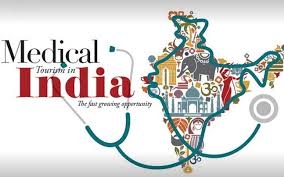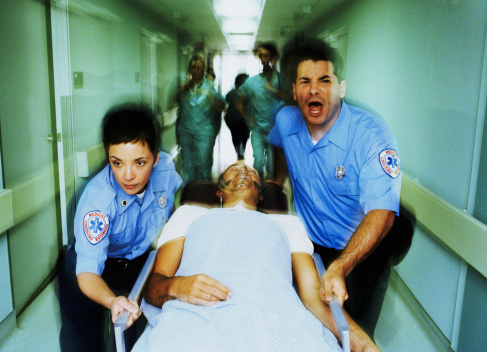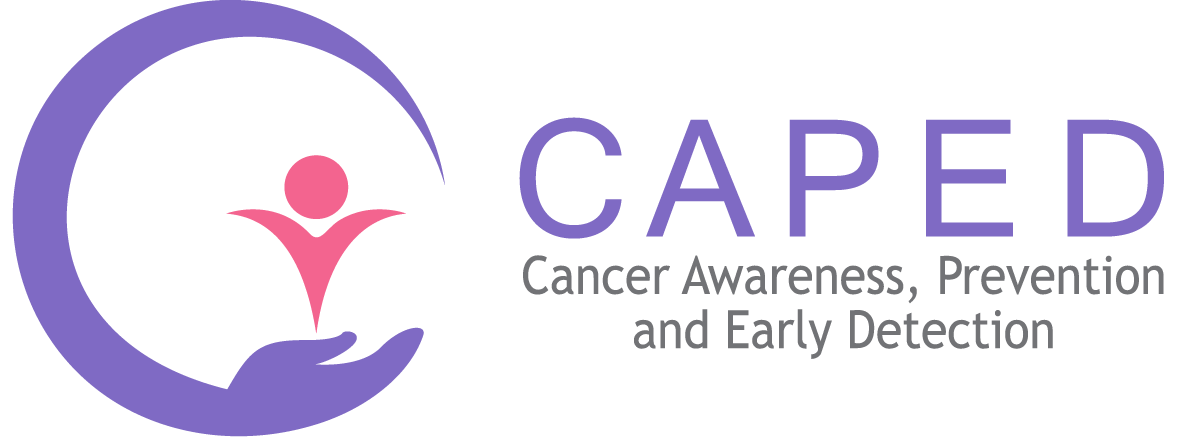

Dr Deepali Kadam
A person with waterborne disease usually presents with symptoms like loose motions, nausea, vomiting, pain in abdomen and fever. In case of jaundice the person has yellowish discoloration of eyes and urine and severe weakness. The treatment in case of diarrhoeal diseases is replenishment of water and electrolytes which are lost from the body, says Dr Padmavat Dyavarishetty, Professor and Head, Department of Community Medicine K J Somaiya Hospital and Dr Deepali Kadam, Associate Professor, Department of Community Medicine, K J Somaiya Hospital
Waterborne diseases are those diseases that occur as a result of consumption of water that contains pathogenic micro-organisms as a result of contamination with human and animal feaces and chemical wastes. Commonly seen waterborne diseases include acute diarrhoeal diseases due to bacterial or viral infections like cholera, typhoid, poliomyelitis, hepatitis A and E (Jaundice), and parasitic infections like amoebiasis and worm infestations.


Dr Padmavat Dyavarishetty
Water can get contaminated when it comes in contact with sewage, industrial wastes, agricultural pollutants such as fertilizers and pesticides. In urban areas, water received from municipal supply which is treated, may get contaminated due to corrosion of pipe lines, leaky joints, and cross connections between water supply pipes and sewage drainage pipe or at the household level because of poor hygienic practices.
In rural areas the wells and rivers are the sources of water that are likely to get contaminated due to personal ablutions, washing of clothes and animals, dumping of refuse in and around the area.
A person with waterborne disease usually presents with symptoms like loose motions, nausea, vomiting, pain in abdomen and fever. In case of jaundice the person has yellowish discoloration of eyes and urine and severe weakness. A person with several episodes of loose motions and vomiting may become dehydrated and require hospitalisation. In case of diarrhea in children below 5 years of age irritability, drowsiness, decreased urination and sunken eyeballs are seen. Dehydration may prove fatal in children.

The treatment in case of diarrhoeal diseases is replenishment of water and electrolytes which are lost from the body. In some cases, antibiotic treatment may be required. In case of severe dehydration, hospitalization is required. There is a myth in community to restrict fluid and food intake during the episode of diarrhoea. This harmful practice, if followed in case of children leads to dehydration and also malnourishment. It is of utmost importance not to curtail fluid intake in cases of diarrhoea. Home available fluids like rice kanji, buttermilk, curds, coconut water, should be given. Commercially available oral rehydration solutions should be given.
Oral rehydration solution (ORS) needs to be started immediately. One need not wait for doctors advice to give ORS. It can be prepared at home by dissolving one teaspoon of table salt and six teaspoons of sugar in one litre of drinking water. Sweetened fluids like commercial fruit juices, carbonated beverages are to be avoided as they aggravate diarrrhoea.
So, what can individuals do to prevent water borne illnesses?
1. First and foremost is to ensure that one always consumes water that has been treated and made safe and wholesome for consumption. At the household level, it is a good practice to always boil water before consuming or use one of the several
commercially available methods like filters that work on the principles of reverse osmosis or disinfection by use of UV lights. Chlorine tablets and 4-6 per cent sodium hypochlorite solution available in markets can be used to disinfect water.
2. Always store water in clean containers, ensuring that water can be withdrawn for consumption with a narrow outlet. In some households water is stored in huge container and members of the household dip their hands into the container for withdrawal. This has a potential to contaminate the water and such practice should be avoided at all costs.
3. Hand hygiene is of utmost importance. Washing hands with soap and water before cooking, before cutting vegetables, after using the toilet, before handling cooked food items either for eating or serving are good practices that one should inculcate.
4. Vaccines are available for typhoid, Hepatitis A and rotavirus infections that render protection from waterborne diseases.
Be a part of Elets Collaborative Initiatives. Join Us for Upcoming Events and explore business opportunities. Like us on Facebook , connect with us on LinkedIn and follow us on Twitter , Instagram.












